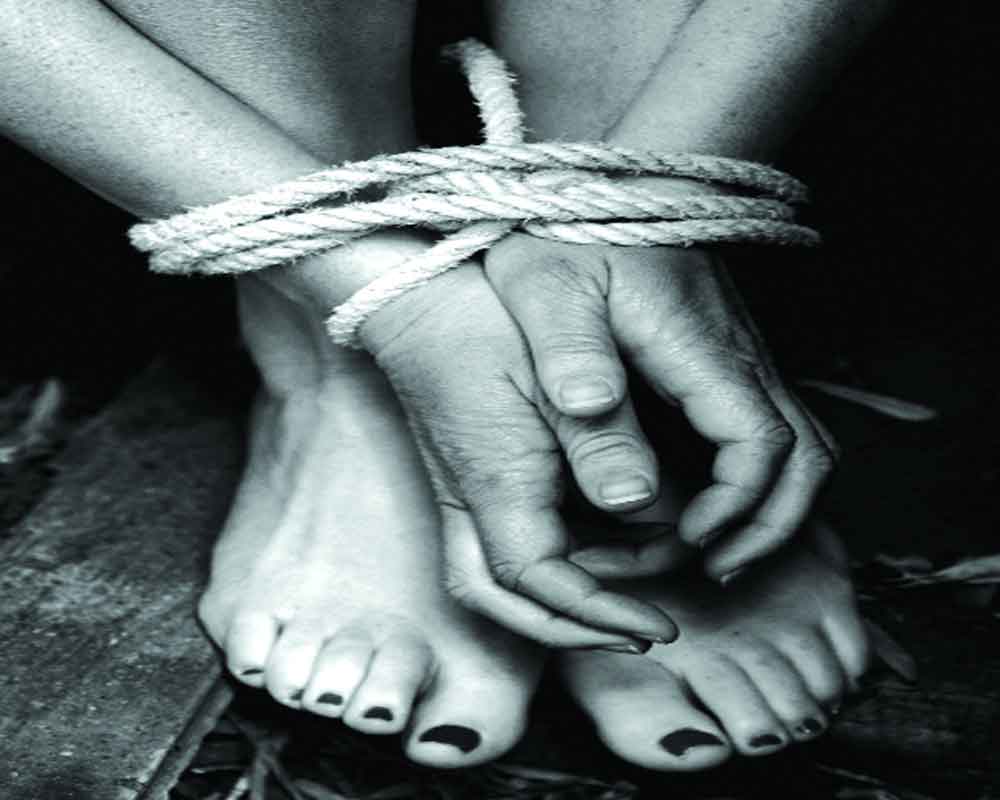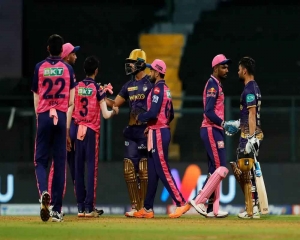Despite several measures, human trafficking goes on unabated. It must be the Govt’s priority to check this inhumane trade
Human trafficking in India isn’t new and has been going on for a long time. In recent years, a large number of cases have been reported from abroad.
Most of these trafficked victims are sent to Gulf countries on the pretext of giving jobs but they find themselves locked up in small shanties and forced to work as domestic helps, and pushed into prostitution. Many young girls are forced into
marriages. Nonconsensual organ donation is also rampant. Most of the victims are women and children below age 15. As per Government data in 2022, the Indian Mission in Kuwait alone received 1,637 human trafficking-related complaints by domestic workers till June. It had received 2,390 such complaints by domestic
workers in 2021. The number of cases reported is definitely much lesser than the actual figures. All the victims are semi-literate, people from poor backgrounds, mostly from Bengal, Bihar, Odisha, Andhra, and Telangana. Officially the number of cases has come down but that may not be the right picture as the conviction rate has fallen sharply from 27 per cent in 2016 to 10 per cent in 2020.
It is also reflected in the US Government’s
annual report, in which India figures in the Tier-2 category in 2022. This category has countries
that aren’t doing enough to stop human trafficking. Nearly 65 per cent are females; and we aren’t even talking about the women trafficked within India. Though the Government has also taken many
measures in the interest of migrant workers,
including registration and submission of details of the job they are going for etc, but the trafficking cartels are always able to circumvent and the low conviction rate emboldens them further. The Government of India has signed many agreements with the countries where the maximum number
of people are sent. Despite these agreements, the situation hasn’t changed much. For that, a victim has to file a complaint which is often not feasible. He or she
is in the custody of the handler who is not only powerful but also has a say in
the system. There are several laws to deal with and book the culprits for trafficking like the Immoral Traffic Prevention Act, 1956, and the Criminal Law (Amendment) Act, 2013. Provisions have been added to Section 370 and 370 (A) of the Indian Penal Code to deal with human trafficking. But then making laws is one thing and implementing them quite another.


























